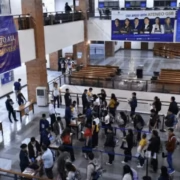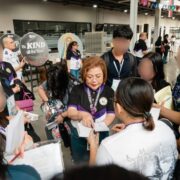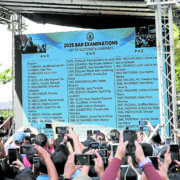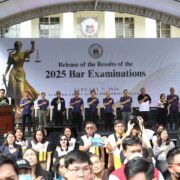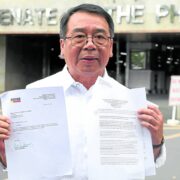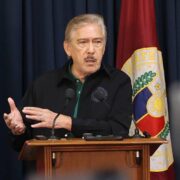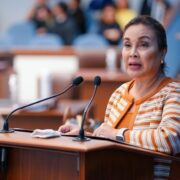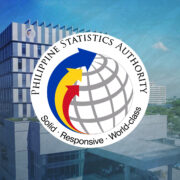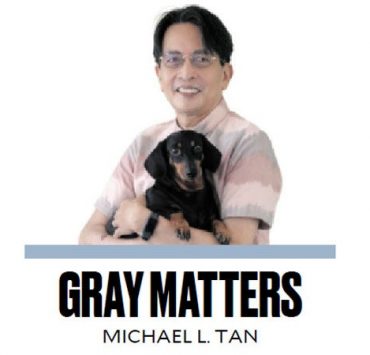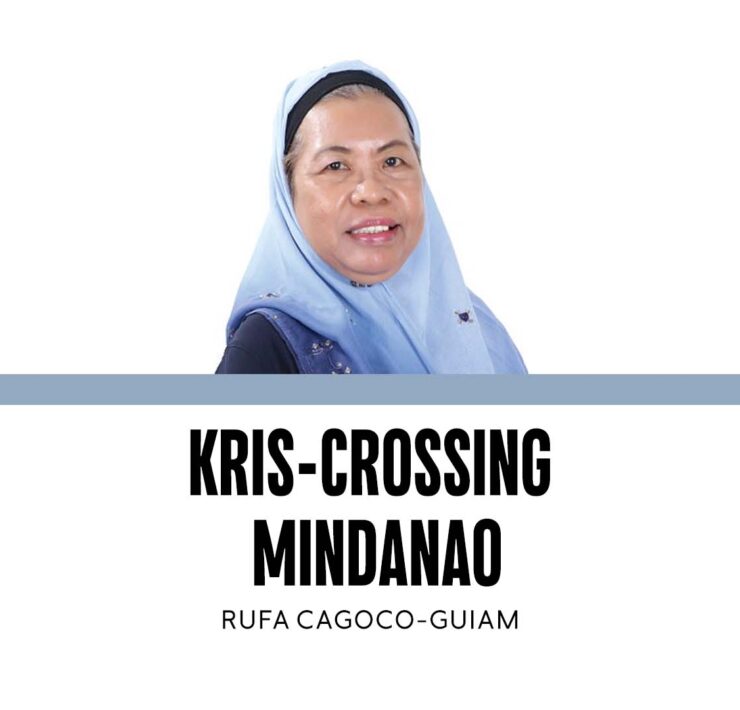Milestones in the BARMM (2)
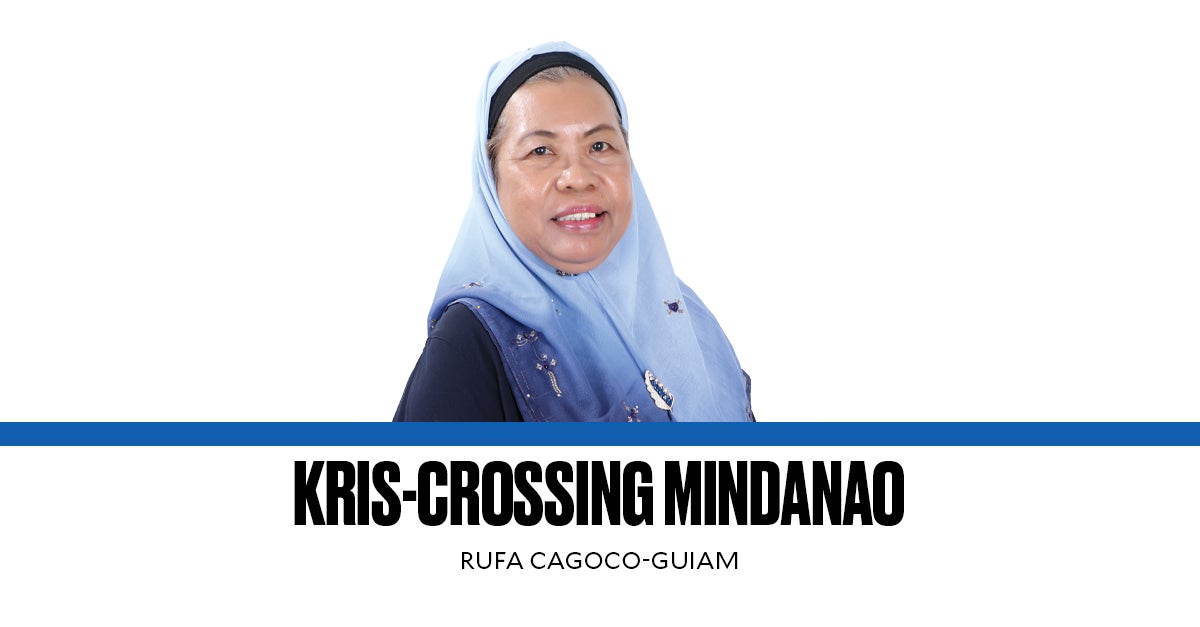
Cotabato City—The first Bangsamoro Development Policy Research Forum (BDPRF) conducted last Sept. 25 was a significant milestone as the Bangsamoro Autonomous Region in Muslim Mindanao (BARMM) moves toward creating a more permanent bureaucratic structure by 2025. The period for the regional transition will end with the election of regular members of the regional parliament, the Bangsamoro Transition Authority (BTA), in May 2025.
The Bangsamoro Planning and Development Authority (BPDA) spearheaded it through the efforts (and lack of sleep) of a small group of hardworking staff members who ensured the significant day would move smoothly and seamlessly as they had been planning for weeks. The BPDA is the hub of planning and development initiatives in the region, as the regional “version” of the National Economic and Development Authority.
Mohajirin T. Ali, director general of BPDA, who concurrently serves as the assistant senior minister of the transition government, oversaw the forum will go on as scheduled, postponing his trip to Manila for another important meeting with the Philippine Institute of Development Studies that invited the BPDA to participate in the 22nd Development Policy Research Month that recognizes the pivotal role of research as basis for crafting government policies.
In his opening speech, Ali highlighted that the first BDPRF is a “significant milestone” in the regional government’s journey toward “institutionalizing evidence-based policymaking” in the transitioning BARMM regional government. He noted that as the “Bangsamoro region continues to navigate its path toward peace and development, the integration of rigorous policy research into our planning and decision-making processes becomes increasingly vital.”
The year 2025 coincides with the national midterm elections, where 12 senators, district representatives, and local government officials will be elected. The senators will be elected at large (throughout the country), while voters in provincial, municipal, and district localities will also elect their respective officials. It will also be the first regional parliamentary elections, to elect regular members of the envisioned future Bangsamoro Parliament of 80 members elected through a system quite different from the midterm national and local government elections. In the regional parliamentary elections, emphasis is placed more on the political parties accredited by the regional Commission on Elections and concurred by the national Comelec.
In this period of the regional government’s history, it is dealing with enormous challenges while it trudges on to push for more significant reforms. Amid all the misgivings of a predominantly Christian majority, regional officials and functionaries strive to come up with notable initiatives, the first BDPF is one.
However, we know that conducting a successful policy forum is one thing. Putting action-oriented development plans into concrete interventions that lead to meaningful changes in the quality of life of regional constituents is an entirely different thing.
Plenary speakers in the forum highlighted the role of the “middle class” in spurring development that can help the regional populace move toward an envisioned dynamic regional constituency. However, as one plenary speaker noted, while the poverty levels of the region have declined steeply (from 52.6 percent in 2018 to 29.9 percent in 2021), this has not translated to economic growth led by the “growing numbers of middle class” in it.
The speaker, a staff of the policy research and legal services of the BTA asked, quite rhetorically, “How can the aspiration to grow a resilient middle class be pondered in the context of the BARMM?”
In an Asian regional study, the Asian Development Bank concluded that a “larger middle class correlates with higher levels of human capital investment, which ultimately contributes to faster and more inclusive economic growth.” To this, the speaker added that a strengthened middle class is a “stabilizing force” for both political and economic aspects of national and regional government.
Such an incisive analysis of having a region that has risen from its former backburner rank has shown that it is not enough to move out of the poverty line. It means more action-oriented policy and development reforms not only at the regional level but also, and more importantly, at the local government units, where governance is distinctly felt and manifested.
Government officials and functionaries are among the middle class in the region. They are duty-bound to design development initiatives that redound to the welfare of the greater number rather than their own personal or family interests. It is time to do the real essence of what moral governance they are espousing is all about. Not translating moral governance principles into action will just squander the milestones the region has started to achieve.
————–
rcguiam@gmail.com

